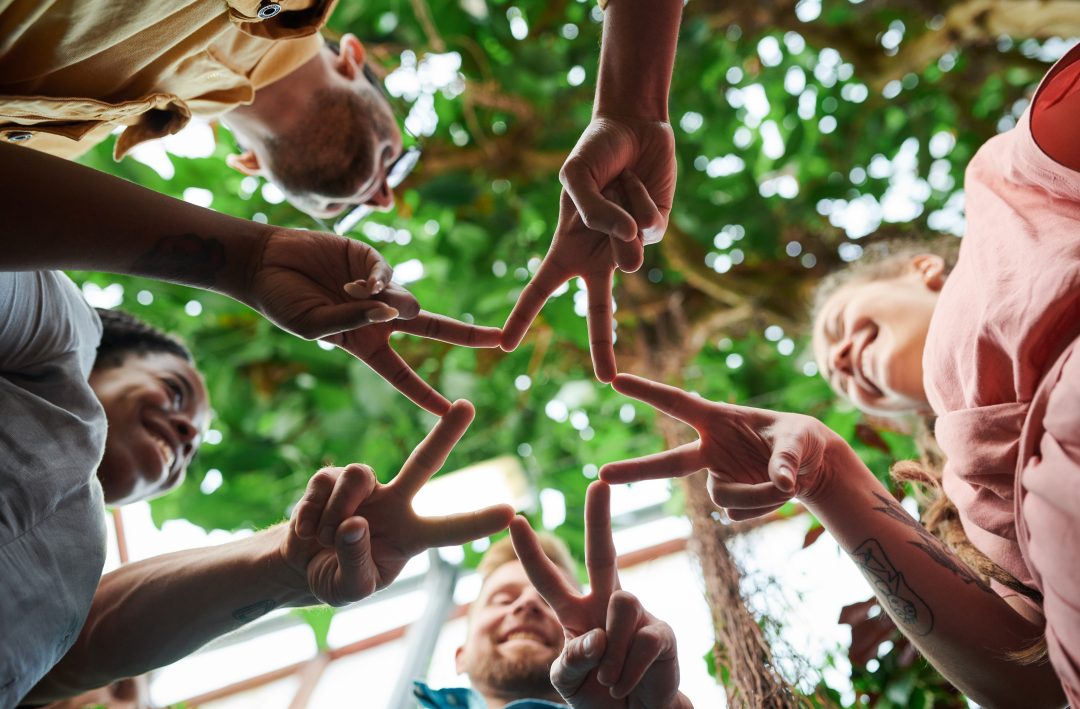National ARC webinar explores mental health in our modern world – with a focus on social inclusion
News

Over 200 people joined us for the second event in a series of three national ARC webinars exploring mental health and our modern world.
This second webinar focussed on mental health and social inclusion, and featured three short talks looking at mental health in the context of ethnicity, migration, and homelessness.
Watch the webinar:
This talk discussed how we can improve mental health care for people from minority groups. In mental health, some minority ethnic groups have worse experiences of care, higher rates of treatment, and poorer access to care – especially early care. This research worked with minority ethnic groups to explore their lived experiences of care and to co-produce recommendations for change and improvements to support the mental health care of people from minority groups.
To find out more about this work, contact [email protected]
This talk explored the barriers and facilitators to maintaining good mental health in primary and community care settings, for female migrants.
Barriers included lack of information, stigma, religious, and cultural practices and beliefs. They also included lack of consideration of gender-specific needs within the health system.
Facilitators included gender-sensitive services, supportive general practitioners,
and religious leaders.
The work recommended that the design of mental health research, services, policies, and commissioning of support for migrants must consider female migrant needs and include them in the processes. It also recommended that mental health support services should be culturally appropriate and gender-sensitive.
The presentation particularly highlighted the benefits and importance of having people with lived experience involved in research.
To find out more about this work, contact [email protected]
This talk shares a study which aimed to explore and understand access to community mental health, drinking, and drugs support within Newcastle and Gateshead for people experiencing homelessness during the Covid-19 pandemic.
It highlights the impact of reactive changes to services in response to lockdown rules; resulting in homeless people being even further excluded from support (inadvertent exclusion) and unable to access services when they really needed them the most.
It also highlights barriers to recovery – including lack of space for recovery or unsuitable locations which make recovery more difficult, and a disconnect between service provision and needs.
To find out more about this work, contact [email protected]
You can download the presentations, below.
This webinar was chaired by Professor Emily Oliver who co-leads the Mental Health special interest group in ARC North East and North Cumbria and is a Professor of Behavioural Sciences at Newcastle University. Her research interests focus on the interplay between physical and mental health and motivation, with a particular focus on how interventions and policy approaches can support those facing varying forms of social exclusion.
The third and final webinar in this series on Wednesday 12 July will be exploring young people’s mental health. Follow this link to register.
The first webinar in the series looked at mental health and world crises, examining the impacts of pollution, climate change and the Covid-19 pandemic on mental health.
Read more and watch the webinar